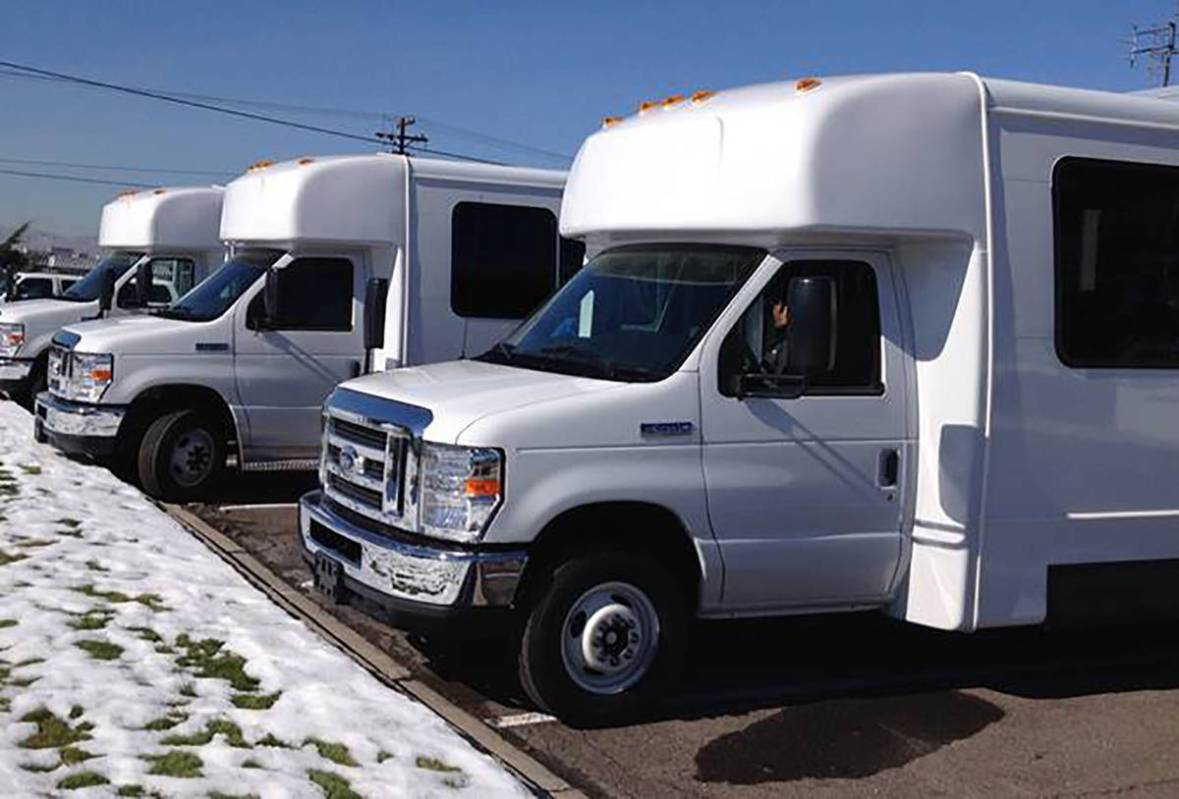
When Congress passed the Coronavirus Aid, Relief and Economic Security Act, Nevada was provided with nearly $22 million in rural transit relief funding in addition to transit funding dedicated to the state’s metropolitan transit services.
The Federal Transit Administration recently announced appropriations of $25 billion in national transit relief funds, including $1.8 billion to rural transit under its Rural Areas funds. Those monies are administered statewide by the Nevada Department of Transportation, which has notified its 17 current subrecipients of this funding for operating and maintenance expenses incurred from March 1, 2020 through the end of the federal fiscal year, fully reimbursable through federal funds.
This will relieve the burden on local agencies that typically provide matching funds amid an anticipated significant drop in sales tax revenue.
While the relief funds are meant to primarily cover operating expenses, preventive maintenance and other capital expenses are eligible for reimbursement.
With no expiration currently in place for CARES Act funding, the department intends to continue to award relief funding until all monies are expended. Although the long-term impacts of the COVID-19 pandemic are unknown, this emergency relief funding will provide some certainty that transit services can continue.
Nevada’s rural transit operators continue to provide essential services throughout the statewide stay-at-home directive, although many now operate on a reduced schedule. Each year, NDOT utilizes approximately $10 million in FTA funds to support local transit operations, including the purchase of buses and other vehicles, modifications to facilities and mobility management programs.
The services are operated throughout Nevada, many of which provide access for the disabled, the elderly and those needing transportation to and from employment, medical treatment and more.
Trips are frequently provided from the rural areas, where resources are scarce, to larger, more urban areas where additional services are offered. Access to health care, shopping and other services is determined at the local level, and NDOT does not determine days or hours of operation.
For more information on how the CARES Act affects transit in rural parts of Nevada, contact NDOT Transit Program Manager Graham Dollarhide at gdollarhide@dot.nv.gov